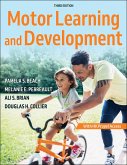

5,99 €
Sofort per Download lieferbar
Ähnliche Artikel
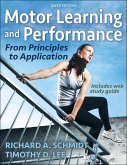
Broschiertes Buch
From Principles to Application
Sixth Edition
18. September 2019
Human Kinetics Publishers
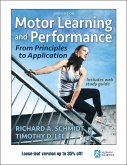
Loseblattsammlung
From Principles to Application
Sixth Edition
18. September 2019
Human Kinetics Publishers
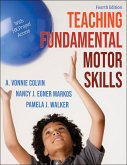
Broschiertes Buch
Fourth Edition
1. Februar 2022
Human Kinetics Publishers
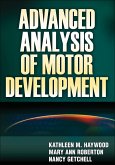
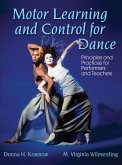
Gebundenes Buch
Principles and Practices for Performers and Teachers
22. Juni 2015
Human Kinetics Publishers
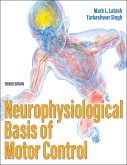
Broschiertes Buch
Third Edition
30. Januar 2023
Human Kinetics Publishers
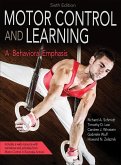
Gebundenes Buch
A Behavioral Emphasis
Sixth Edition
19. Februar 2018
Human Kinetics Publishers
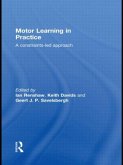
Broschiertes Buch
A Constraints-Led Approach
2. Dezember 2011
Taylor & Francis Ltd
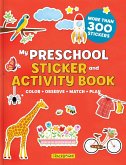
12,99 €
Versandfertig in 2-4 Wochen
Broschiertes Buch
More Than 300 Stickers
1. Juli 2021
CrackBoom! Books
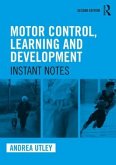
Broschiertes Buch
Instant Notes, 2nd Edition
2. Aufl.
27. Dezember 2018
Routledge / Taylor & Francis
Ähnlichkeitssuche: Fact®Finder von OMIKRON
